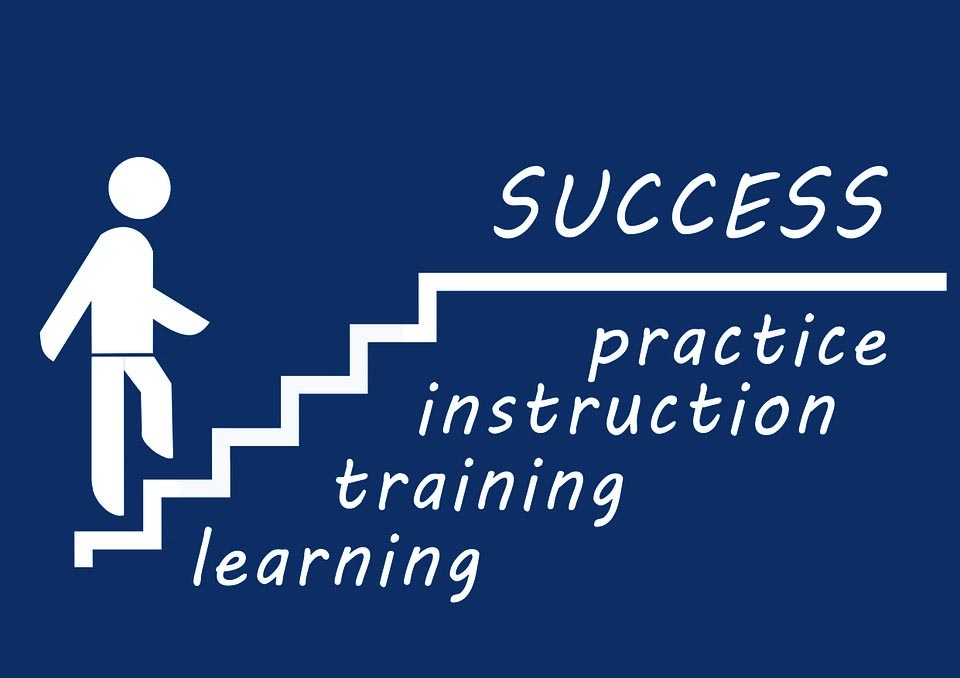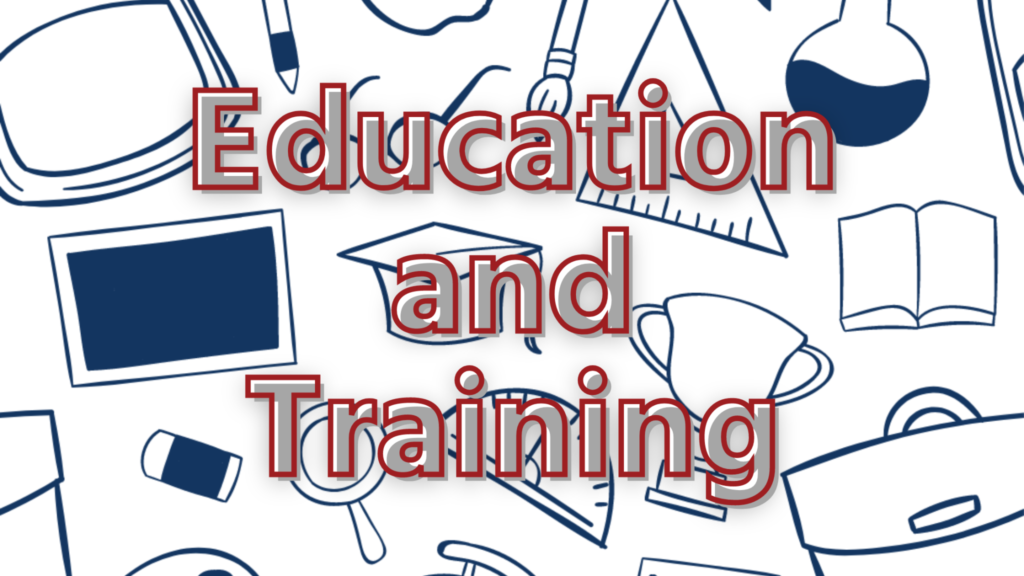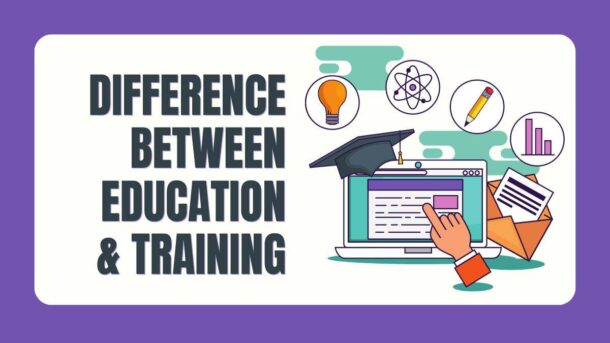Education is a cornerstone of human development, shaping individuals, communities, and societies. While often conflated with training, education encompasses a broader mission: to cultivate knowledge, critical thinking, and ethical values. This article explores the profound benefits of education, emphasizing its role in personal growth, career advancement, and societal progress.

Key Benefits of Education
1. Personal Development
- Intellectual Growth: Education stimulates curiosity and expands intellectual horizons. By exposing learners to diverse subjects—from science to literature—it fosters a deeper understanding of the world.
- Emotional Resilience: Through interactions with peers and mentors, students develop empathy, self-awareness, and emotional intelligence.
- Social Skills: Classrooms and collaborative projects teach teamwork, communication, and conflict resolution, preparing individuals for community engagement.
2. Career Advancement
- Enhanced Employability: A solid educational foundation opens doors to diverse career opportunities. Employers value educated candidates for their problem-solving abilities and adaptability.
- Skill Diversification: Education equips individuals with both technical skills (e.g., mathematics, coding) and soft skills (e.g., leadership, time management), making them versatile in dynamic job markets.
- Economic Stability: Higher educational attainment correlates with increased earning potential and reduced vulnerability to economic downturns.
3. Societal Impact
- Reducing Inequality: Education is a powerful equalizer. Access to quality schooling bridges gaps between socioeconomic groups, offering marginalized communities pathways to upward mobility.
- Promoting Civic Engagement: Educated citizens are more likely to participate in democratic processes, advocate for social justice, and support sustainable development.
- Driving Innovation: Societies with robust education systems produce innovators, researchers, and entrepreneurs who address global challenges like climate change and healthcare disparities.
Types of Education and Their Unique Contributions
- Formal Education (Primary to Higher Education):
- Builds foundational knowledge and critical thinking.
- Institutions like universities serve as hubs for research and intellectual exchange.
- Vocational Education:
- Combines theoretical learning with hands-on skills, preparing students for trades such as engineering or healthcare.
- Lifelong Learning:
- Encourages continuous skill development through workshops, online courses, and self-study, ensuring adaptability in a fast-evolving world.

Challenges and the Path Forward
Despite its benefits, education faces obstacles such as unequal access, outdated curricula, and resource limitations. Addressing these requires:
- Policy Reforms: Governments must prioritize funding and inclusive policies to ensure education reaches all demographics.
- Technology Integration: Digital tools can democratize access, offering remote learning opportunities for underserved populations.
- Community Involvement: Partnerships between schools, families, and NGOs can create supportive ecosystems for learners.
Conclusion
Education is not merely a means to an end but a transformative force that enriches lives and societies. By nurturing minds, fostering innovation, and bridging divides, it lays the groundwork for a brighter, more equitable future. As Nelson Mandela once said, “Education is the most powerful weapon which you can use to change the world.” Investing in education today is an investment in tomorrow’s possibilities.



